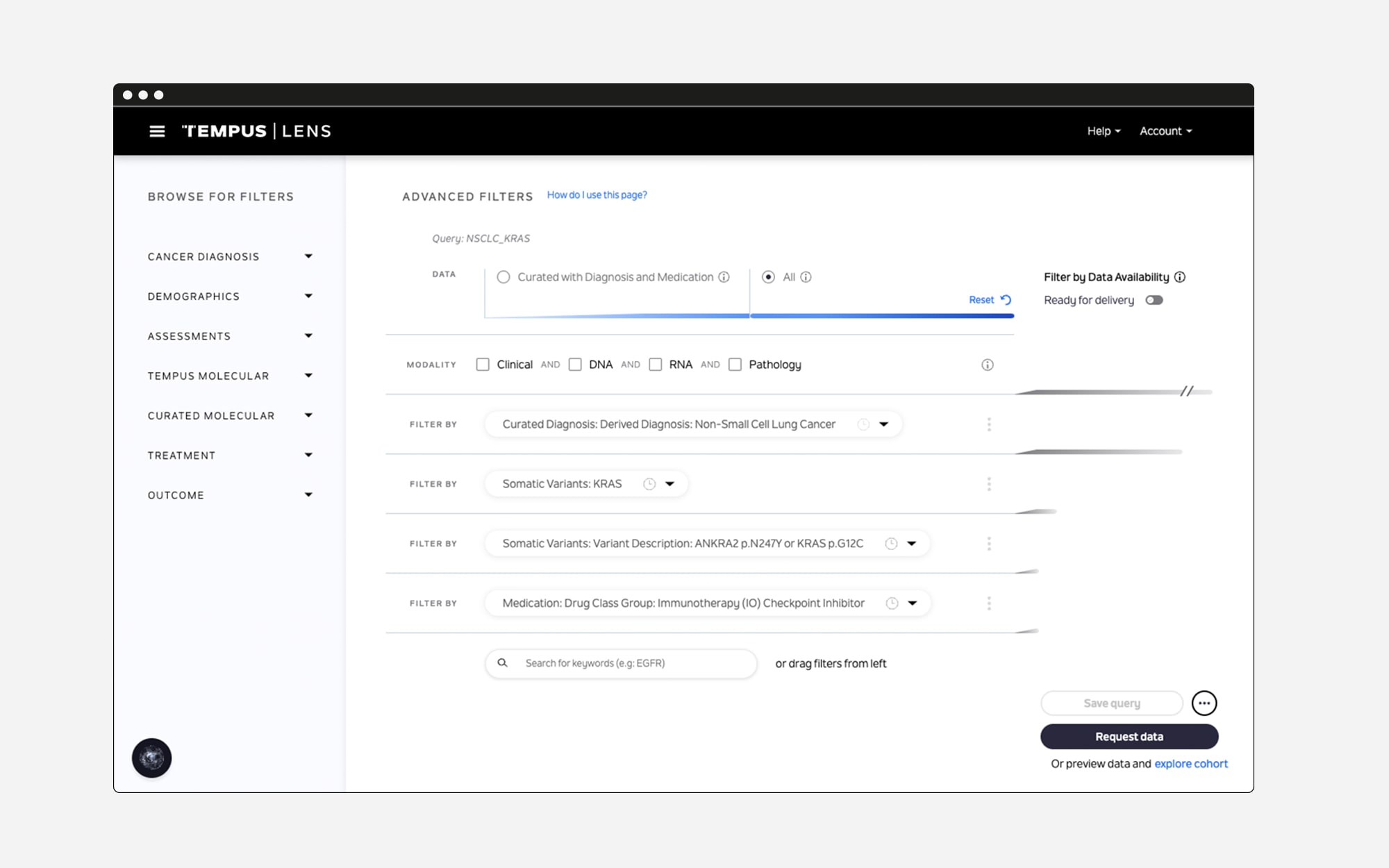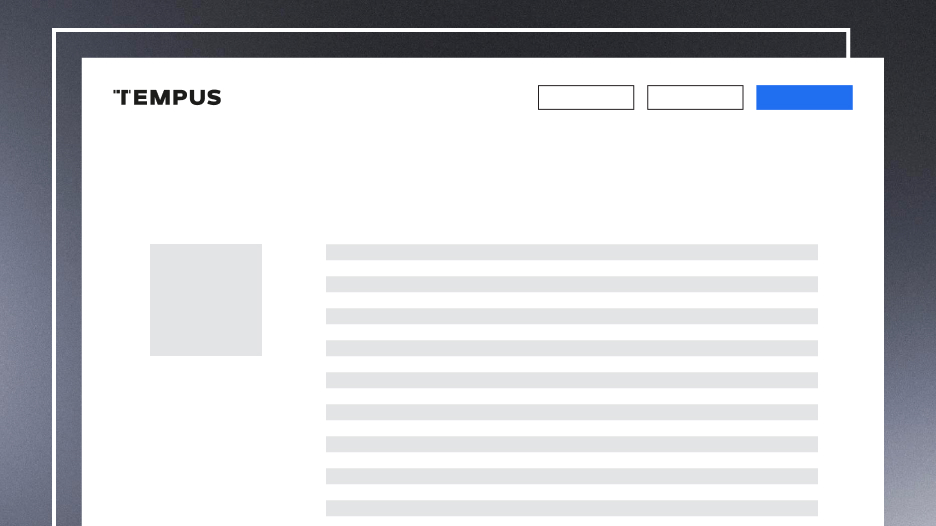Generative AI is driving transformative change across industries, and at Tempus, we are leveraging this cutting-edge technology to revolutionize precision medicine. From optimizing clinical trials to enhancing research efficiency, generative AI enables us to unlock new opportunities and insights in healthcare.
The Evolution of Generative AI
The foundation of modern AI models was laid in 2017 with the introduction of transformer architecture and multi-head attention. These innovations allowed models to process vast datasets with unprecedented efficiency, setting the stage for the rapid advancements we see today.
Over the past six years, generative AI has evolved at an extraordinary pace. Models have grown exponentially in size and capability, with platforms like ChatGPT (launched in 2022) showcasing the power of AI trained on internet-scale content. Within two months of launch, ChatGPT reached 100 million monthly active users, a milestone that took Netflix over three years to achieve.
In 2024, we are witnessing a paradigm shift toward deeper reasoning and context-aware responses. This new generation of models not only delivers accurate and timely answers but also exhibits nuanced, human-like reasoning. Looking ahead, we anticipate the emergence of domain-specific cognitive architectures, further refining AI applications for specialized fields like healthcare.
Generative AI in Healthtech
Generative AI goes beyond creating text or images; it is transforming healthcare by addressing complex challenges. At Tempus, we’re at the forefront of this revolution, integrating generative AI into our suite of products — including our AI-enabled clinical assistant, Tempus One, as well as our suite of AI applications, Olivia, Lens and others — to deliver unparalleled value.
Here are three key use cases highlighting its impact:
1. Inspecting and Analyzing Clinical Data
Generative AI enables us to analyze and interpret patient clinical data with remarkable precision. By training AI models on vast datasets of real-world medical information, we can extract critical insights from unstructured patient notes. For instance, our cancer center, health system and hospital partners can ask, “What primary gene mutation does this patient have?” and receive precise, actionable answers. This capability supports applications like our TIME clinical trial program, where we screen patients more effectively for clinical trials, accelerating the path to potential treatments.
2. Building Patient Cohorts
Defining and exploring patient cohorts is now simpler than ever. Leveraging generative AI, researchers can use natural language to create intuitive cohort definitions. The AI translates these queries into our complex data model, eliminating the need for manual filtering and technical expertise.
We are also integrating advanced business intelligence capabilities to enable deeper insights from patient cohorts.
3. Supporting Clinical Decision-Making
Generative AI will also help clinicians navigate unstructured patient notes spanning hundreds or even thousands of pages. By extracting key clinical events and creating a longitudinal view of patient histories, we’re unlocking powerful new ways to inform decision-making. This capability will have wide-ranging applications, including within Next and Olivia, to drive more personalized and effective care.
The Future of Generative AI in Precision Medicine
Generative AI has rapidly evolved into a multimodal technology with applications across diverse healthcare domains.
Here are a few examples of how it is shaping the future:
- Language Models: Advanced models like ChatGPT’s latest iterations and Google’s Gemini are delivering sophisticated language processing, reasoning and multimodal capabilities.
- Biological Models: AI is transforming our understanding of complex biological sequences, with models such as AlphaMissense, BioGPT and ProtGPT leading innovations in genetic variant prediction and analysis.
- Image Models: Enhanced image processing is revolutionizing fields like histology and radiology, with foundational models like Google’s PATH driving new levels of accuracy and insight.
At Tempus, we’re integrating these advancements with multimodal data that includes unstructured medical notes, multi-omics analyses and imaging, allowing us to move beyond retrospective analysis to predictive insights and deeper understanding. This unified approach is redefining precision medicine and enabling truly personalized care.
Driving Innovation
Tempus remains committed to harnessing generative AI to address the most pressing challenges in healthcare. By integrating cutting-edge models and technologies into our platforms, we are empowering clinicians, researchers, and healthcare organizations to deliver better outcomes and improve patient care.
The future of precision medicine is here, and generative AI is at its heart. Together, we are building a smarter, more connected healthcare ecosystem—one that brings us closer to truly personalized medicine.

